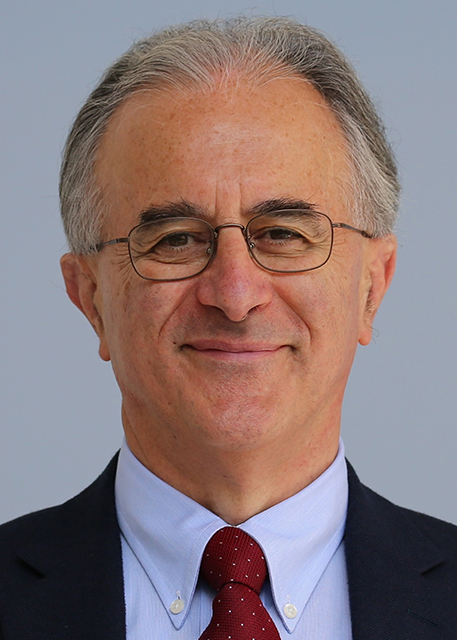Executive Leadership | From the Editor-in-Chief

Alberto Grignolo, PhD
Editor-in-Chief
Global Forum
Fellow of DIA
drug development scientist, an information technologist, and a patient walk into a café while attending a conference in Vienna. The scientist orders a hot chocolate; the technologist orders a slice of strudel; the patient orders nothing. Puzzled, the scientist and the technologist encourage her to enjoy one of the many local delicacies. The patient declines and replies: “Actually, I did not want to come here at all, but you insisted. I don’t like sweets. But you never asked me if I did.”
The gap is real. For too long (forever, really), drug developers decided how to develop new medicines, how to design study protocols, what outcomes to measure, how to conduct clinical studies, how to analyze and report the results, and much more, without the thoughtful and intensely personal input of the patients who are affected. The day will come (soon) when we will look at these time-worn practices as antiquated and naïve, as they go the way of the typewriter, rotary phone, and fax machine.
The reality is that patients today are better informed and more “demanding” than ever before. They want clinical trials that are relevant, important, and even convenient; they recognize that randomized clinical trials often have marginal relevance to their lives; and they want better and more affordable medicines that cure diseases and improve the quality (not just extend the span) of their life. These messages resonated daily in the session rooms and the hallways of DIA Europe 2019. Bettina Ryll, an articulate and determined patient advocate, reminded the audience that “The guinea pigs have smartened up” and expect to be heard.
One fundamental takeaway from this gathering is that patients have come to expect relevant clinical trials, judicious use of real world data (including electronic health records), informed regulatory and value decisions, regulatory and reimbursement systems that facilitate market entry and affordability for innovative products, and a diverse drug development ecosystem that drives creativity and innovation. Artificial Intelligence and machine learning were on everyone’s minds and lips for three days, generating much buzz. But how will they actually benefit patients, and how soon?
Biology, technology, and patient needs rely on sensible regulation, value creation, workforce diversity and, yes, sincere listening to improve the world’s health–one patient at a time. Stay tuned! We will publish extensive coverage of DIA Europe 2019 in our April issue.
*The Third Man, an Academy Award-winning film starring Orson Wells.
Send your feedback on this issue to:
Publications@DIAGlobal.org

